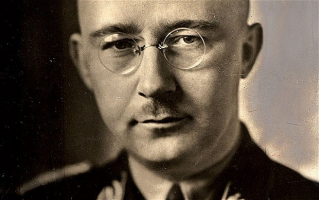Top 5 Interesting Facts about Muhammad Ali
Muhammad Ali (1942–2016) was a legendary athlete of the 20th century and a former heavyweight boxing champion of the United States. In his 21-year professional ... read more...career, Ali, an Olympic gold medalist and the first fighter to win the heavyweight belt three times, triumphed 56 times. Throughout his career, Ali was a contentious figure due to his outspokenness on racial, religious, and political matters. The heavyweight was also known for his lightning-fast insults and jabs. Here is a compilation of some fascinating Muhammad Ali-related facts.
-
One specific occurrence that occurred long before Ali changed his name from Cassius Clay ignited his enthusiasm for fighting. At the age of 12, in 1954, he was living in Louisville, Kentucky. After riding his brand-new red and white Schwinn model bicycle to the Columbia Auditorium, Clay had a moment that would forever alter his life. Later, he learned that it had been stolen, which prompted him to report it to police officer Joe Martin, who was stationed at the Auditorium on the lower level. Clay had informed Martin, who was a boxing trainer with his own gym, that he wanted to beat up who stole his bicycle, which led the latter to invite him to come back around his gym and learn about boxing.
Ali later recalled the moment that changed his life in his autobiography entitled. The Greatest: "My Own Story,” written by Richard Durham. "I ran downstairs, crying, but the sights and sounds and the smell of the boxing gym excited me so much that I almost forgot about the bike,” Ali wrote. ” There were about 10 boxers in the gym, some hitting the speed bag, some in the ring, sparring, some jumping rope. I stood there, smelling the sweat and rubbing alcohol, and a feeling of awe came over me. One slim boy shadowboxing in the ring was throwing punches almost too fast for my eyes to follow.” That experience helped get started Clay’s legendary all from the initial guidance of a police officer, who wound up becoming his first boxing trainer.
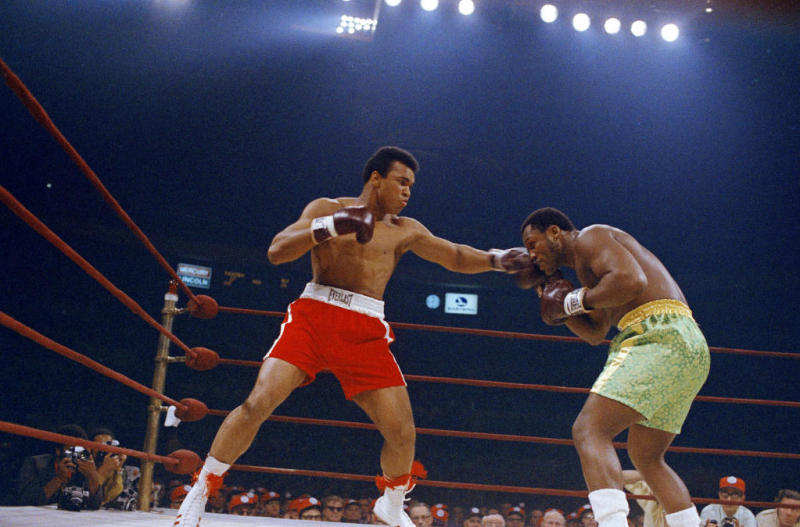
Source: YAHOO!>Kevin Iole 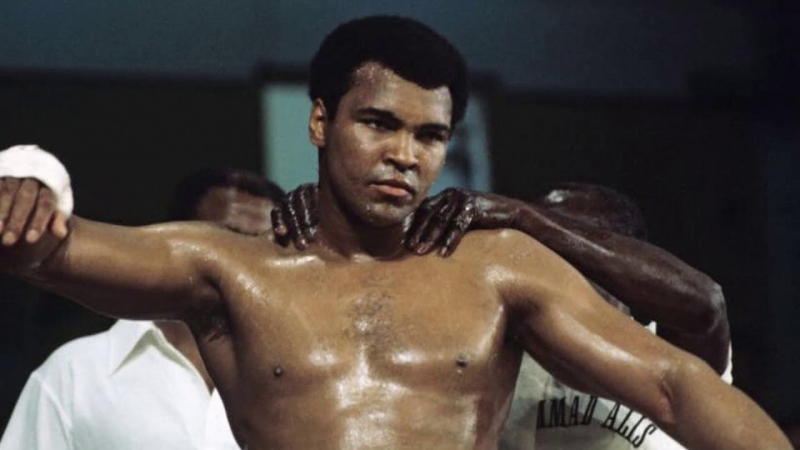
Source: YouTube -
Muhammad Ali was originally named in honor of a white abolitionist. After adopting Islam, heavyweight boxing champion Cassius Clay changed his name to Muhammad Ali, claiming that his original name was "a slave name" and that he "didn't select it and I don't want it." He explained that his new name is "a free name," which means "beloved of God." Cassius Marcellus Clay, the name Ali inherited from his father, was really given to his father in memory of Cassius M. Clay, a devoted abolitionist who received his Yale degree in 1832. Following Ali's passing on June 3 at the age of 74, Judith Schiff, chief research archivist of the Yale University Library's Manuscripts and Archives, informed Yale News of the connection. No Southern figure was as active in the anti-slavery case as Clay, according to Anson Phelps Stokes, who wrote about the Yale-educated abolitionist in "Memorials of Eminent Yale Men," according to Schiff.
Clay was a survivor, just like the heavyweight champion who bore his name. He was elected to the Kentucky House of Representatives three times before his opinions on slavery cost him the favor of his constituents. He escaped an attempt on his life in 1843 while participating in a political debate. The most well-known of his publications, "Slavery: The Evil — The Remedy," was released in the same year. In the slave-owning town of Lexington, Kentucky, he published the antislavery newspaper True American between 1845 and 1846. His newspaper office's reinforced doors had to be barricaded for protection after he started receiving death threats. A mob broke into his office and seized his printing equipment in August 1845; the temporary suppression of the publication made Clay a hero in the anti-slavery movement.
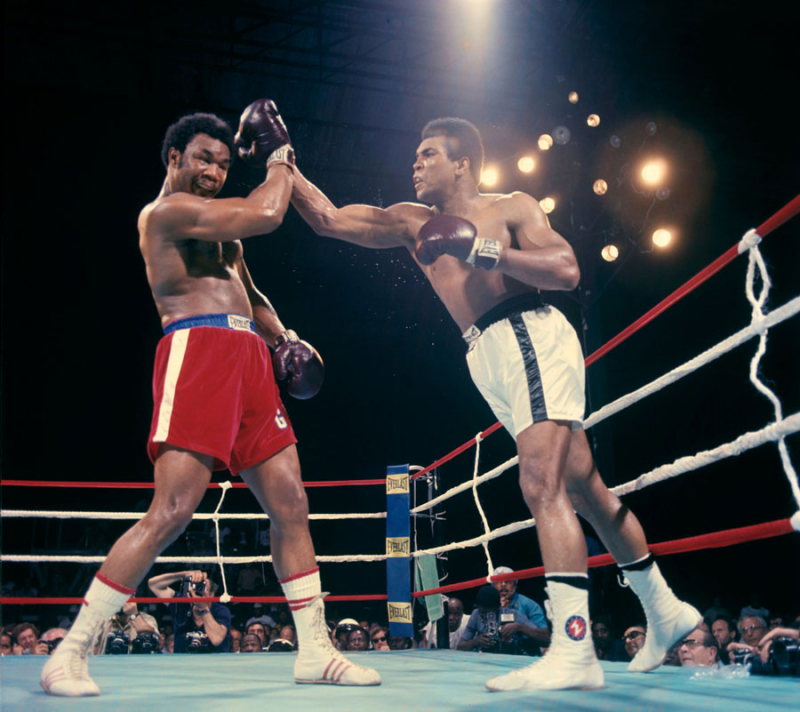
Source: Sports Illustrated 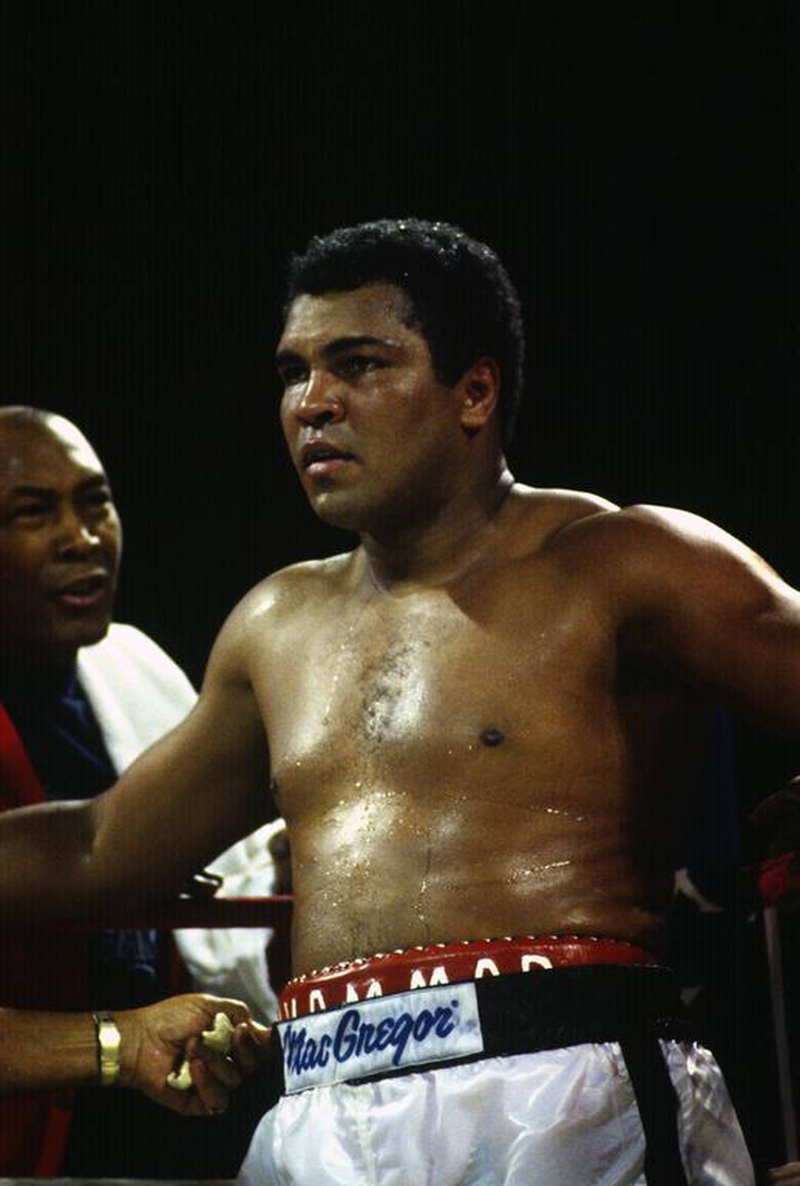
Source: thenationalnews.com -
The Kentucky-born brawler had really signed up for military service when he became 18 years old, but he refused to serve the war when called out on a campaign called "Nam". Ali was originally categorized as a 1-A prospect in 1962 (eligible for unrestricted military duty), but due to dyslexia, he failed the Armed Forces qualifying test and was reclassified as a Class 1-Y in 1964 (suitable for service only in times of national emergency). When the army modified its requirements in 1966 to admit people like Ali back into the A1 category, those who had previously been excluded from "Nam" conscription were forced into the draft. After being informed of the modification, Ali declared himself a conscientious objector and stated that, if called upon, he would not serve his country.
On religious grounds, ‘The GOAT’ stated: “War is against the teachings of the Qur’an.” “I am not got no quarrel with them Viet Cong, but why should they ask me to put on a uniform and go ten thousand miles from home? To drop bombs and bullets on brown people in Vietnam while so-called Negro people in Louisville are treated like dogs and denied simple human rights.” For almost a year prior to his scheduled induction into the army, Ali used his platform to fight back against a war that was ultimately never won. As a black icon and a believer in equality, Ali took the view that Vietnam was about more than just the prevention of the spread of communism. “No, I’m not going to help murder and burn another poor nation simply to continue the domination of white slave masters,” Ali once famously exclaimed.
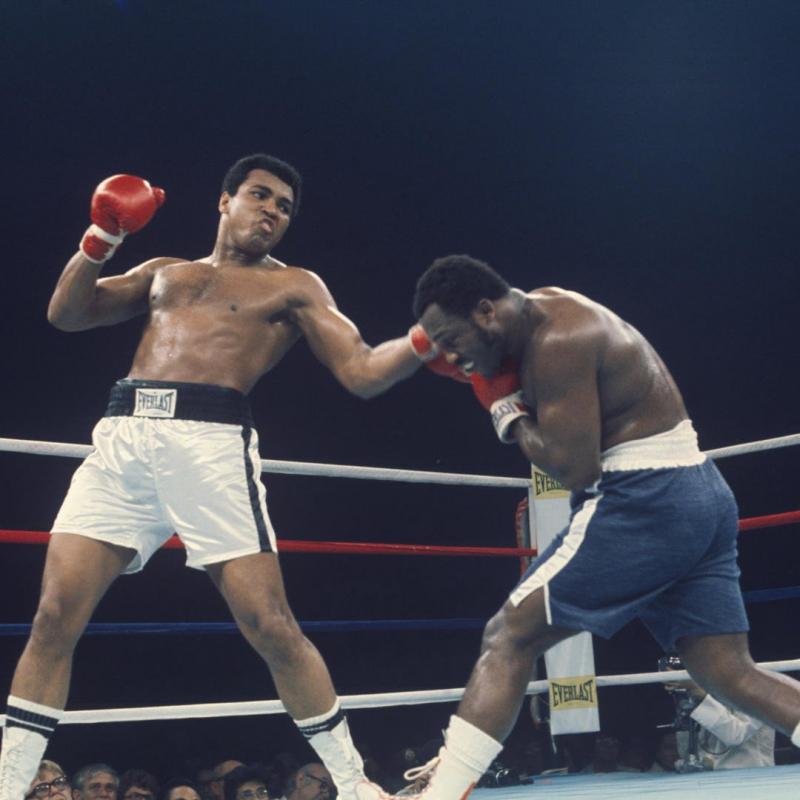
Source: Contactmusic.com 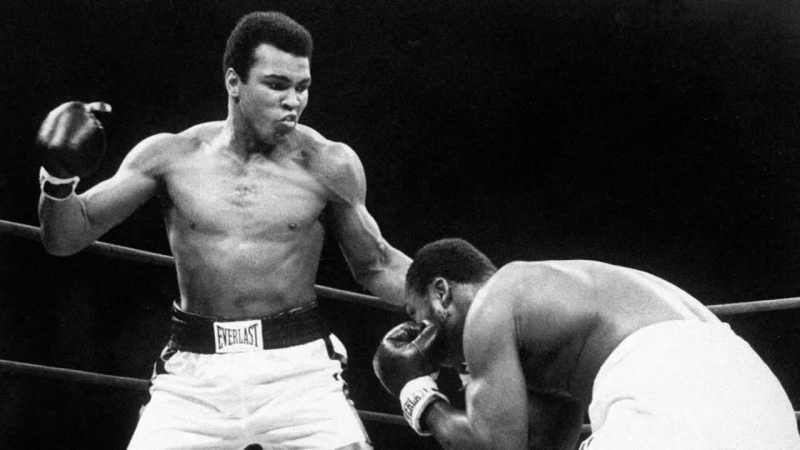
Source: abc13.com -
One aspect about Muhammad Ali that most people probably don't know is Ali starred in a Broadway musical. He once had a Broadway musical lead role. Indiewire.com claims that while Ali was prohibited from boxing in 1969, he appeared in the musical "Buck White."
He gave a musical performance on the Ed Sullivan Show. One of the earliest black male Broadway productions, the musical centers on a militant black speaker who addresses a gathering of black political activists. The play failed in spite of Ali's fame. Only seven performances were given, according to Indiewire.
The show lasted for only five days, during the period in which Ali had been stripped of his title and banned from boxing for his refusal to join the Army and fight in Vietnam. Today, it is hard to find any evidence of the show other than his performance of “We Came in Chains” on The Ed Sullivan Show on January 18, 1970.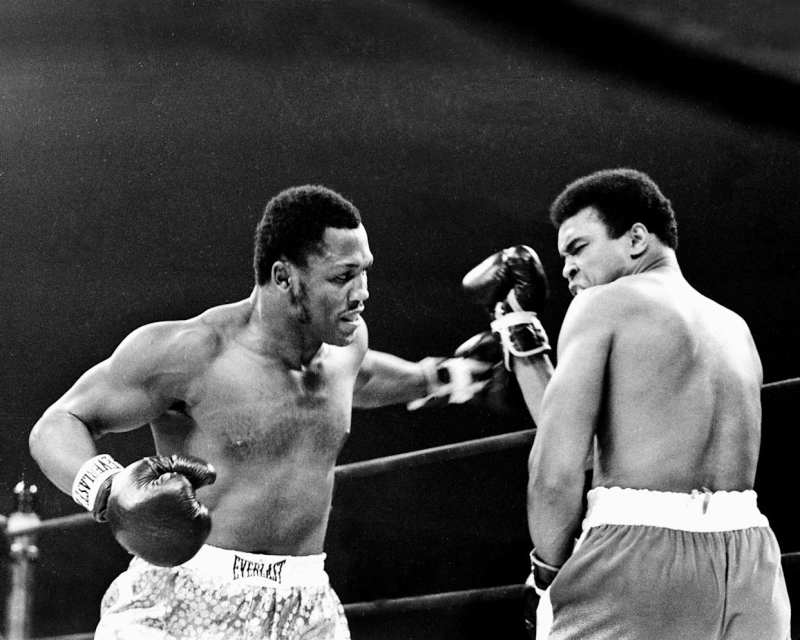
Source: nfl.com 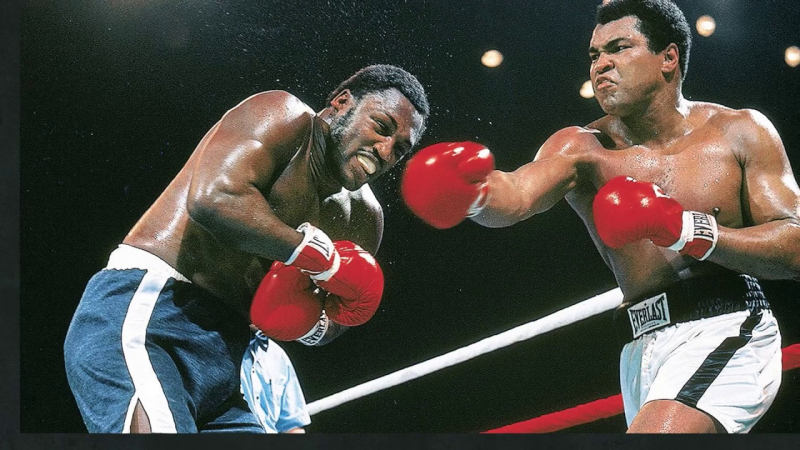
Source: YouTube -
The People's Champion was initially found guilty of breaking the Selective Service statutes by refusing to be drafted by the court on June 20, 1967. After only 21 minutes of deliberation, Ali received his punishment without delay. The champion asked for a quick investigation. Ali quickly gained a negative reputation after being praised by people like Dr. Martin Luther King Jr. but despised by millions of people. Unlike the majority of conscientious objectors, "The Greatest" stood up for his convictions rather than emigrating to Canada. The former Olympic hero traveled to universities around the nation to share his opinions on Vietnam and raise money to pay off his $10,000 debt as well as to educate future Americans. His "Black is Best" speech was Ali's most well-liked address. Ali had his prime years taken away from him and yet still left behind a legacy like no other. Ali’s trainer Angelo Dundee said: “One thing must be taken into account when talking about Ali – he was robbed of his best years, his prime years”.
Ali was dethroned of his titles and suspended from boxing by the New York State Commission on April 28, 1967, as a result of his complaint. For those who supported Vietnam, Ali's decision and the impact it had on black people represented a risky turn for the worse. Even the most influential members of the black community wanted to make sure Ali was opposed to war for the right reasons. A week later, a historic "Muhammad Ali Summit" was held in Cleveland at the "Negro Industrial Economic Union" with a number of prominent African American athletes in attendance. The purpose of the conference was to decide whether or not Ali's opinions would be endorsed. The group, led by NFL veteran Jim Brown, eventually came to the conclusion that Ali had a solid case against the government and gave him their entire support.
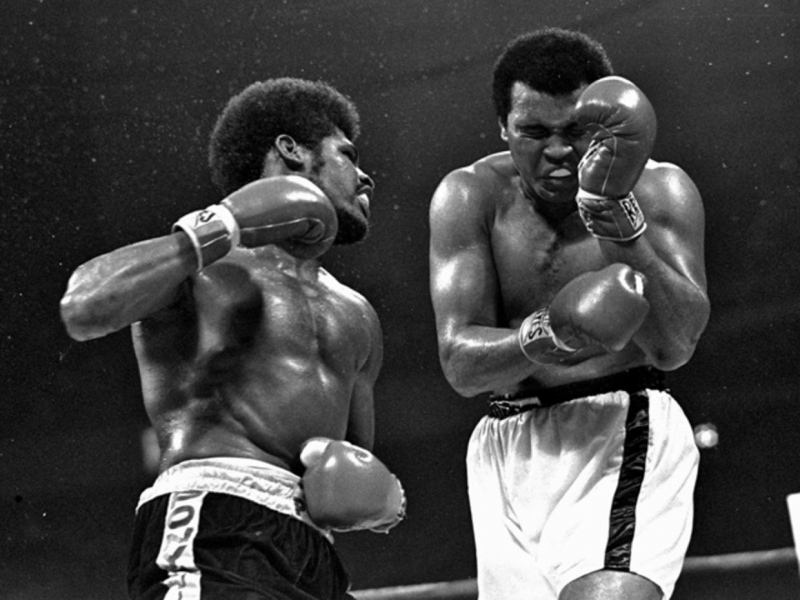
Source: cbsnews.com 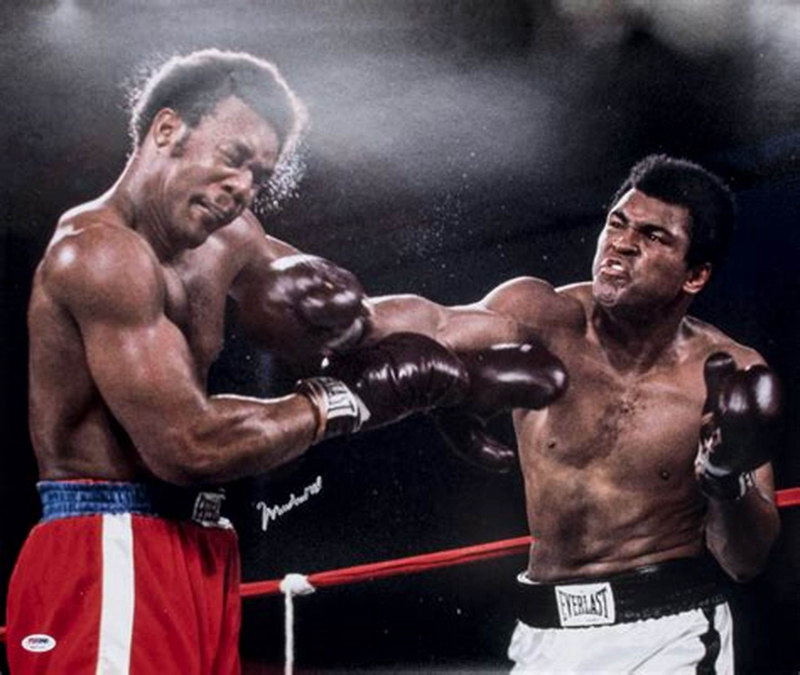
Source: goldinauctions.com























